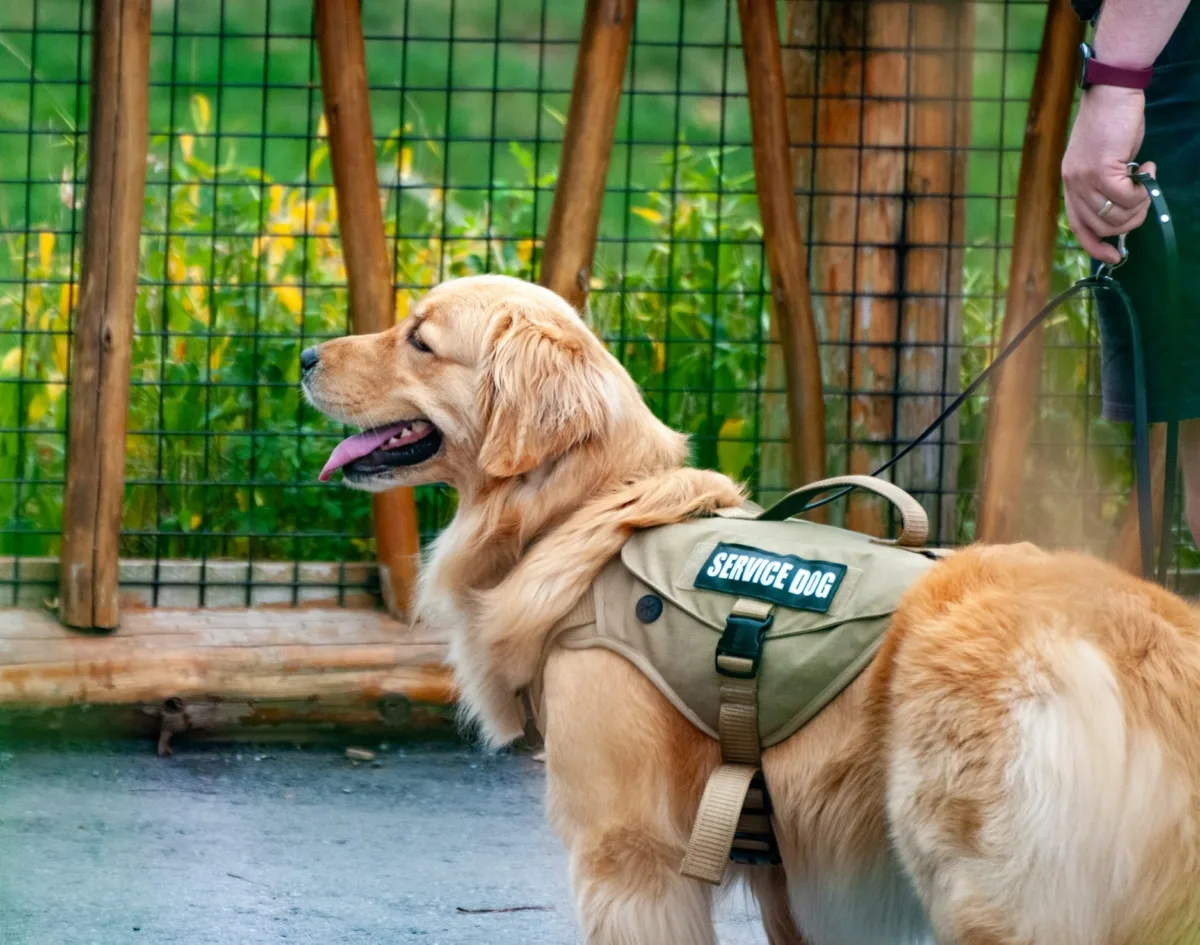
How Prison Dog-Training Programs Transform Lives
“We are not just training dogs — we are training ourselves to be better humans.”

“We are not just training dogs — we are training ourselves to be better humans.”

I was recently moved to a cell with a window after years without one. I never realized how much I’d taken nature for granted.

Spending Christmas in prison and away from my family leaves me depressed. But, after the guys on my unit started a Secret Santa, I briefly felt a happiness that eluded me for years.
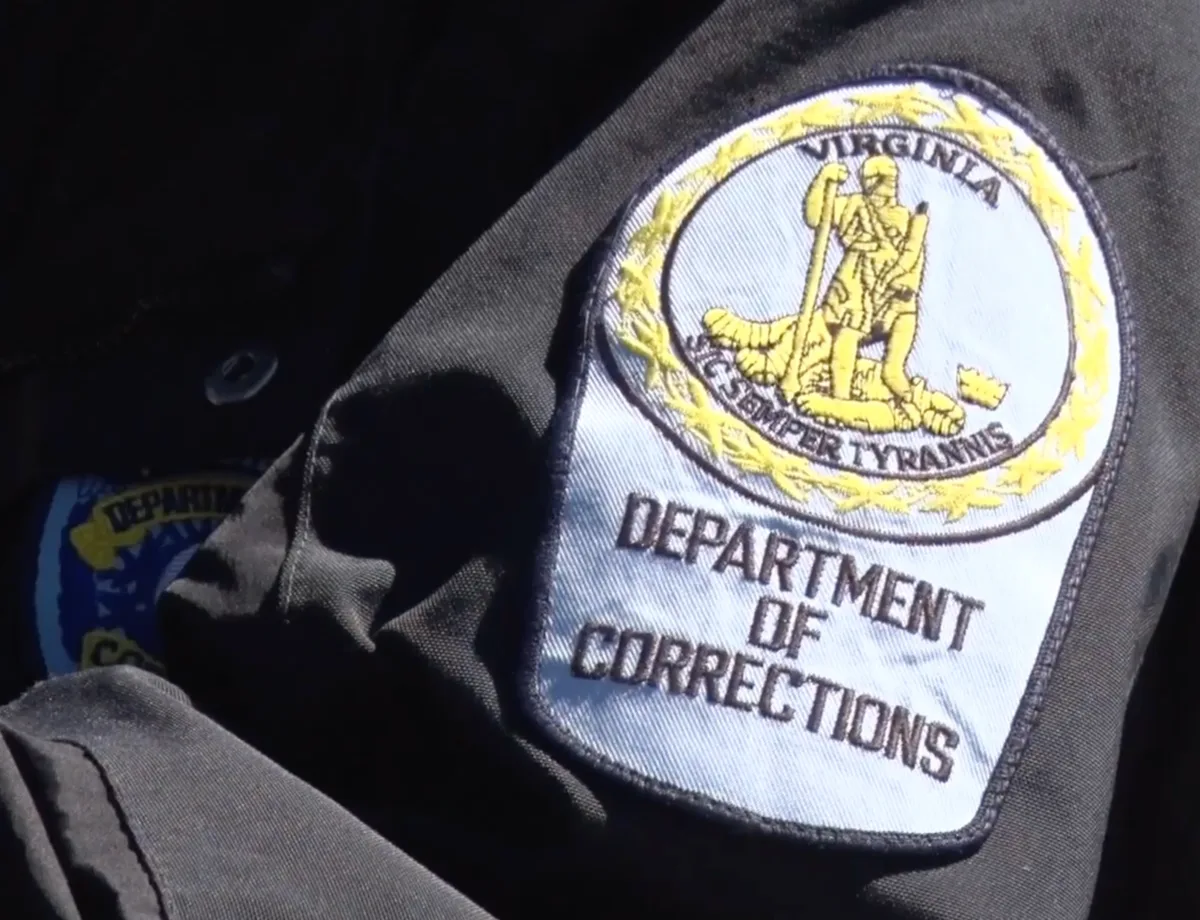
A state spokesperson confirmed six men at Red Onion State Prison in Western Virginia used “improvised devices” to give themselves electrical burns.
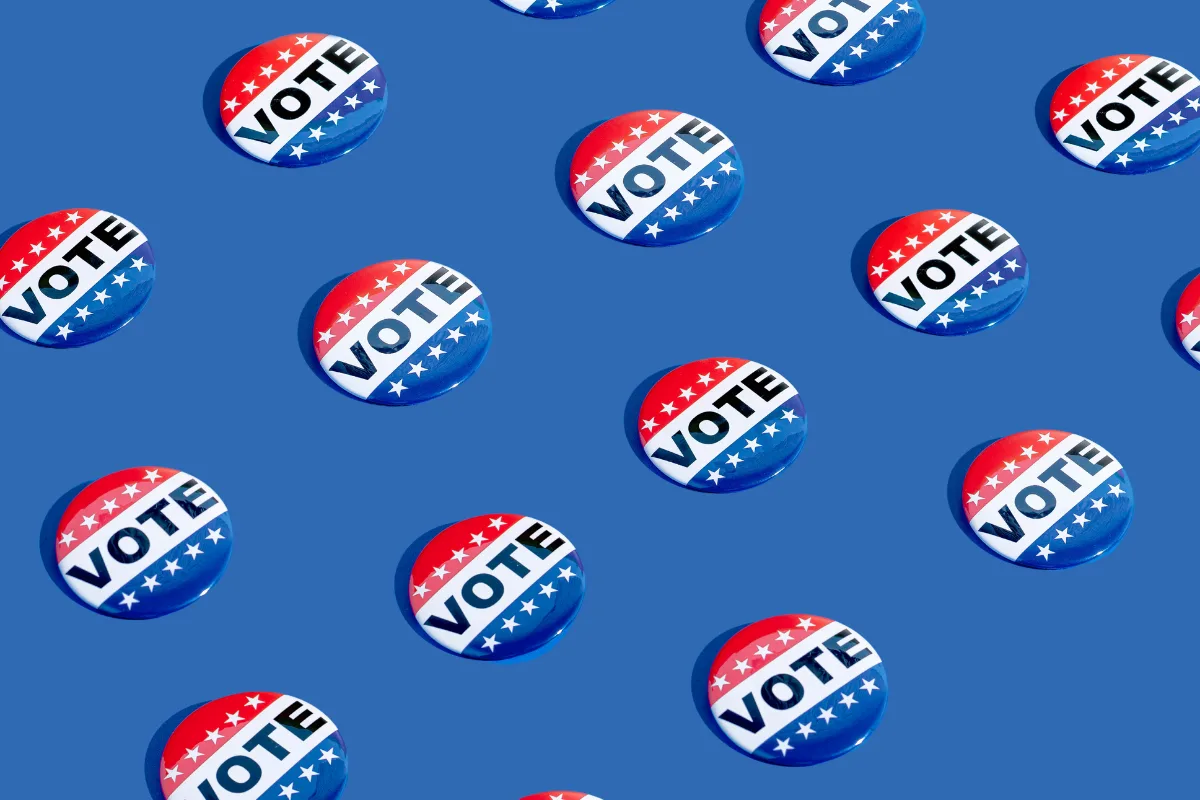
Most people in prison can’t vote. This is what they want you to think about when you cast your ballot.
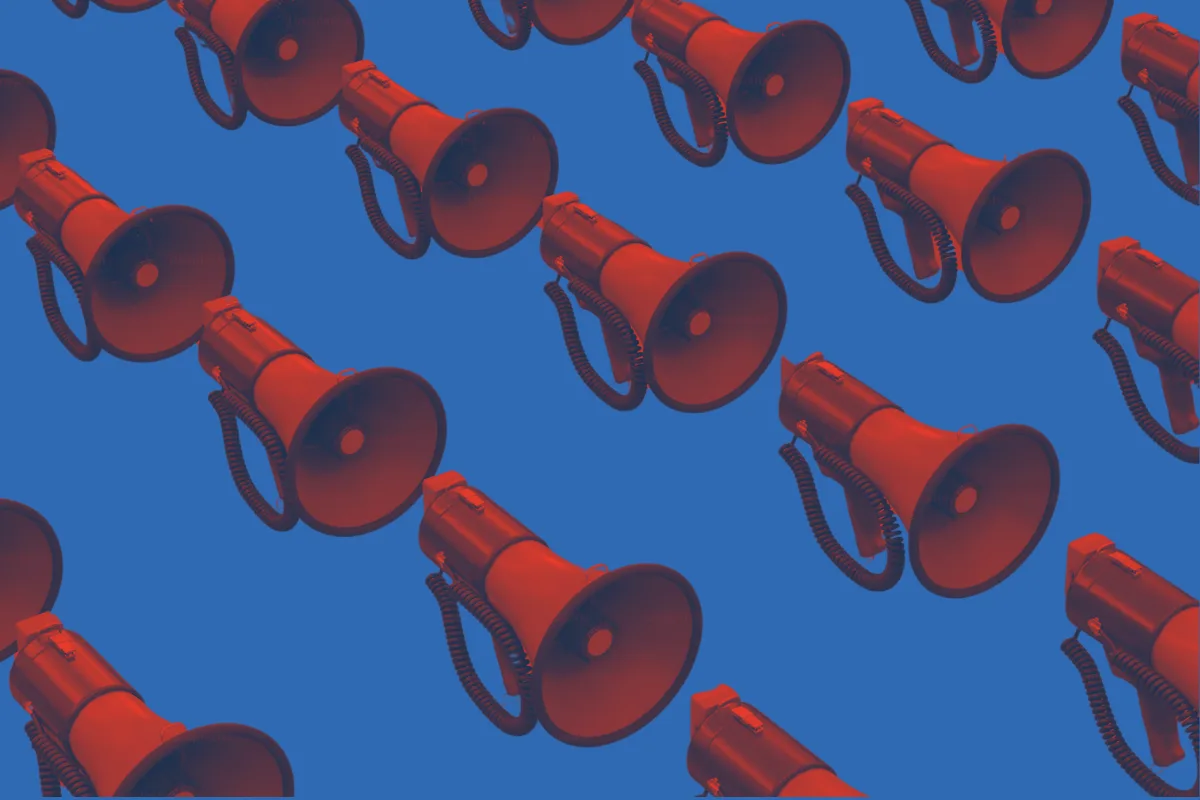
Most people in prison can’t vote. That doesn’t mean they aren’t paying attention.

For people trapped in prison for decades, simple things like book clubs can be a lifeline and help people cope with the realities of the prison system. Sing Sing Correctional Facility’s club has helped give me and others a sense of purpose and belonging.
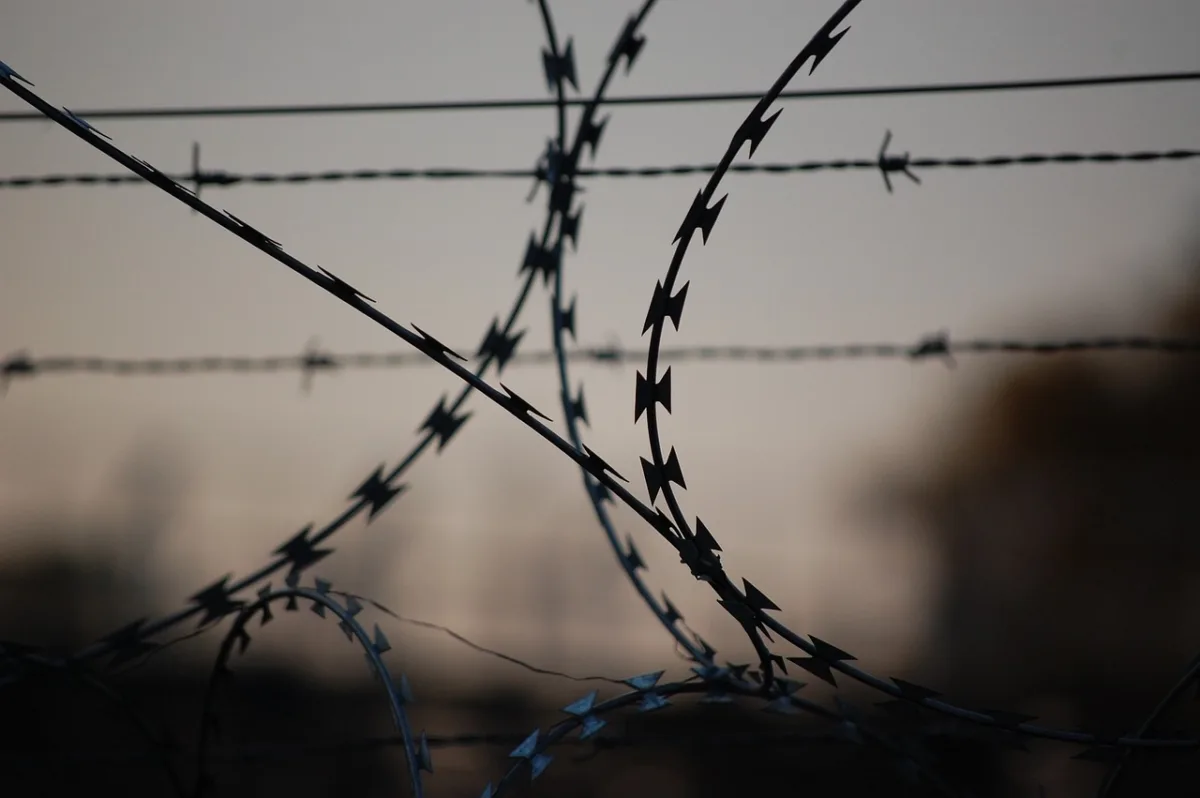
Aging in prison meant realizing my son was also a victim of my crime due to my absence from his life. I try to do what I can on visits to help my son succeed.
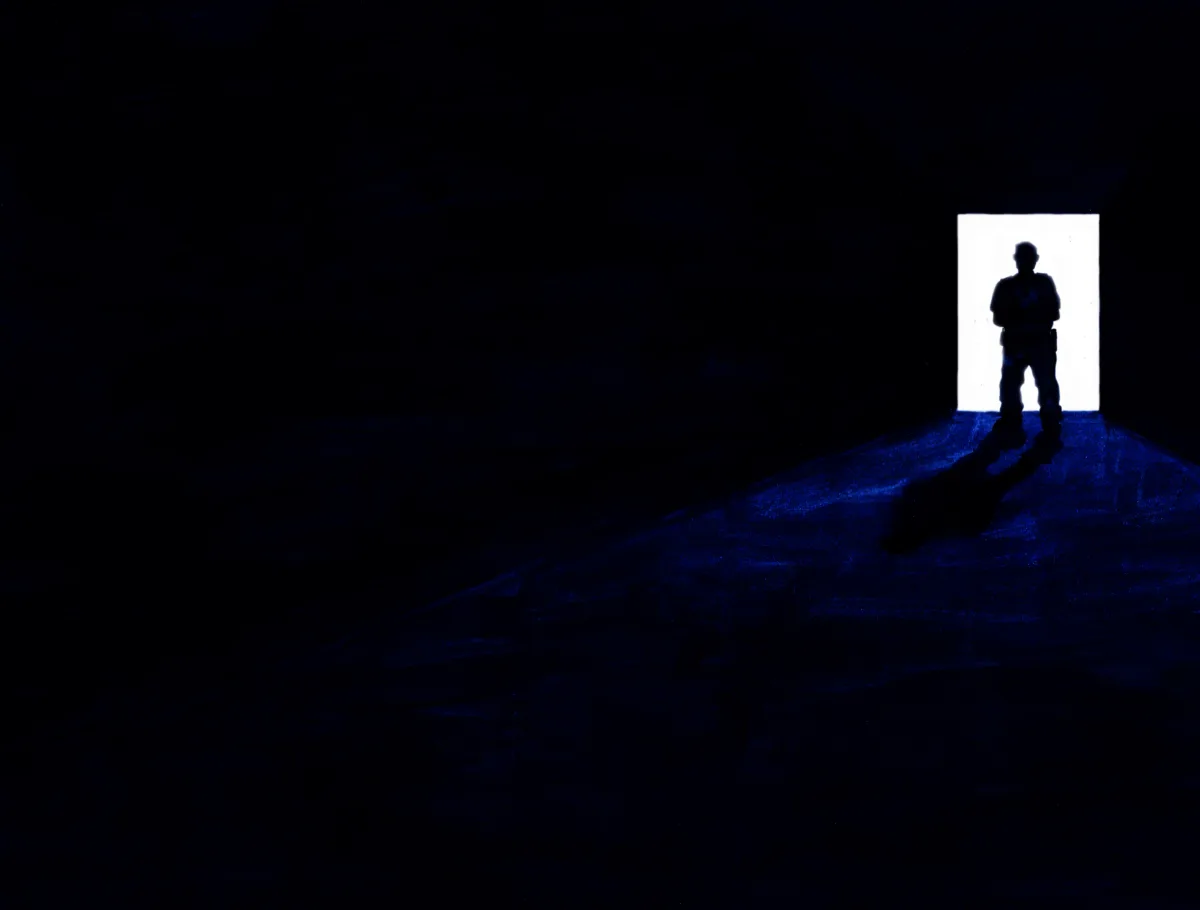
“I was sentenced and put in prison for the choices I made. I was not sentenced to being raped and abused while in prison.”

In 2011, more than 6,600 people imprisoned in California stopped eating for 19 days to protest extreme isolation inside the state’s prisons. The protests lead to state hearings and a lawsuit.
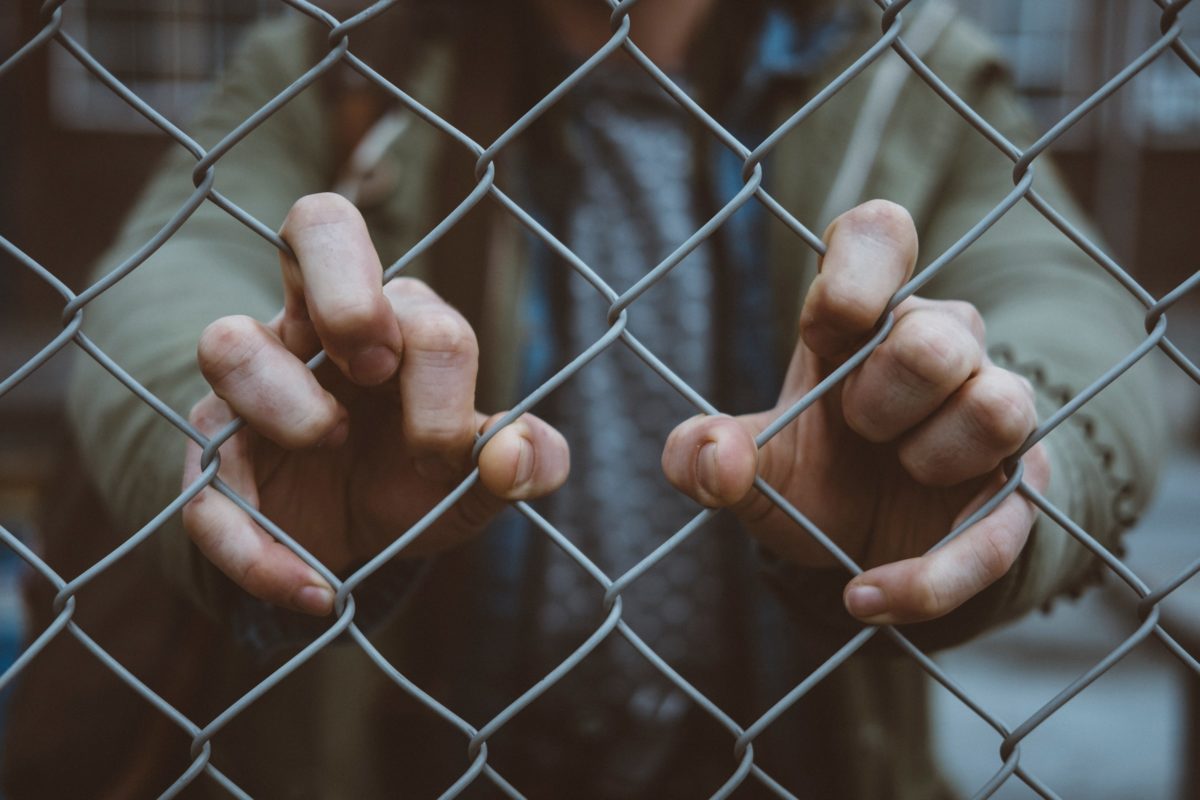
In prison, there is no space to grieve. I kept thinking that if only I was home, I could have given her the support she needed.

Incarcerated laborers on Angola’s Farm Line face “substantial risk of injury or death” during extreme heat, a federal judge ruled this week, ordering corrections officials to make policy changes to “preserve human health and safety.”
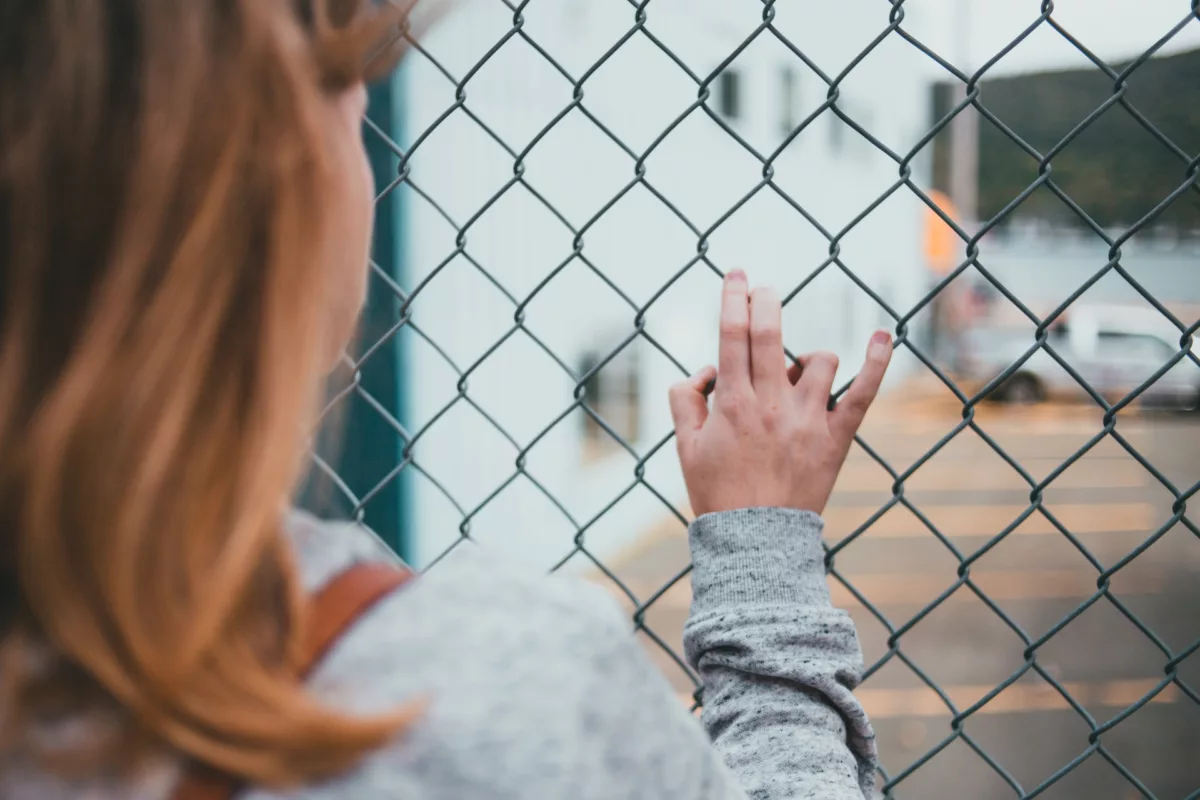
He hopes the settlement will lead to reforms in New York prisons, where three-quarters of trans people say corrections officers have inappropriately touched or sexually assaulted them.
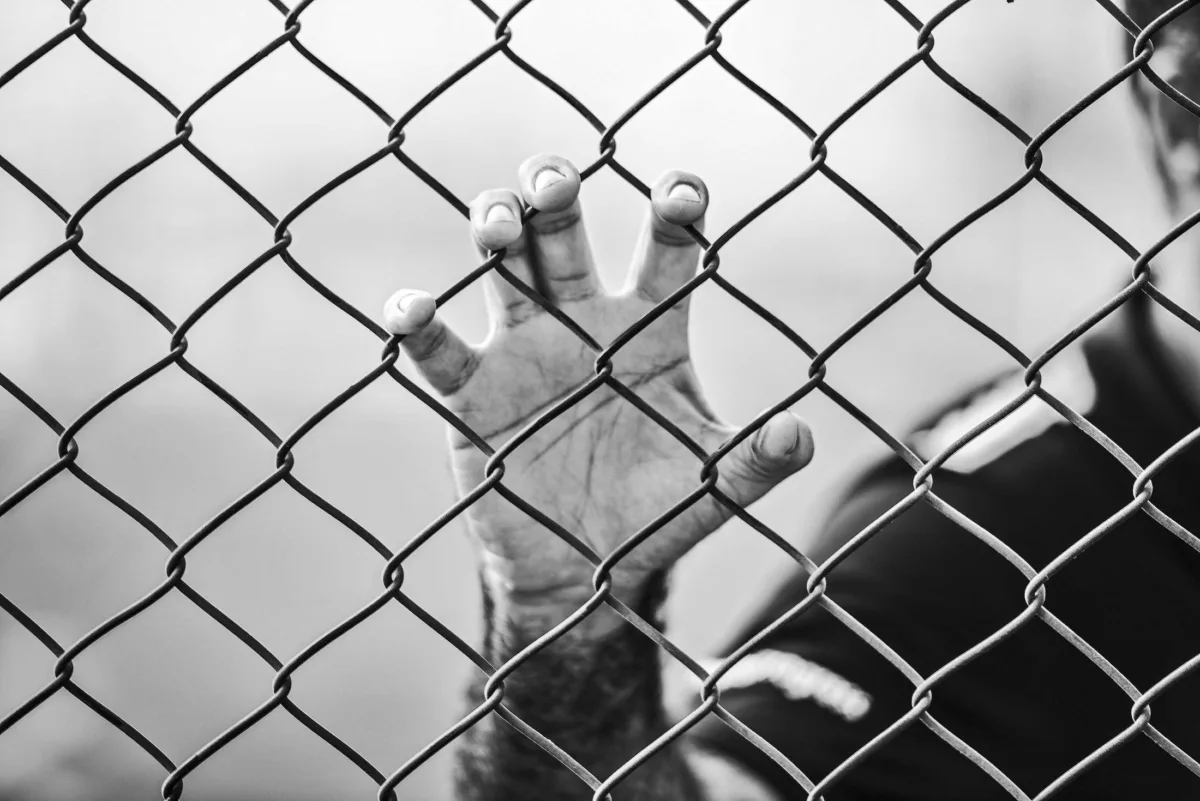
We are just two of millions of children who’ve experienced family separation due to incarceration and the obscene costs of prison communications. Now we fight to make these services free.
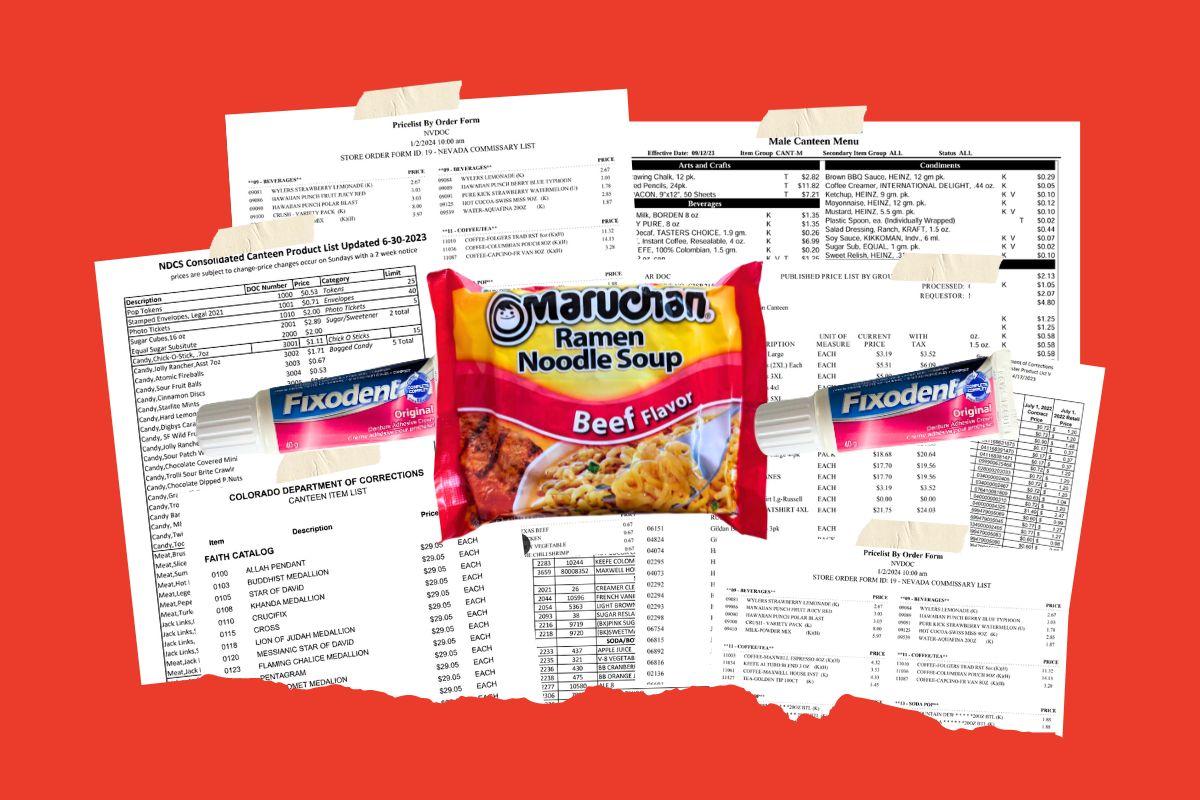
The Appeal’s 9-month investigation uncovered prison commissaries’ exploitative, inconsistent systems with inside prices up to five times higher than in the community and markups as high as 600 percent.
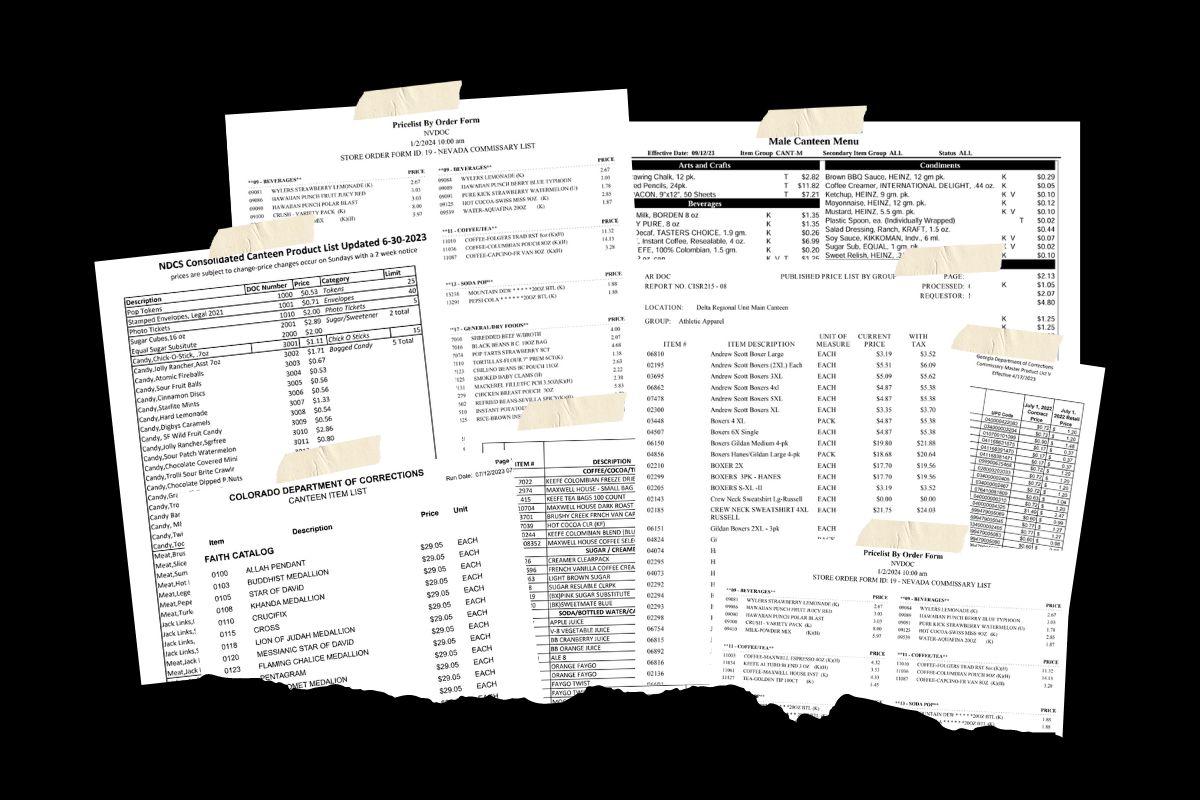
Inside The Appeal’s 9-month investigation.
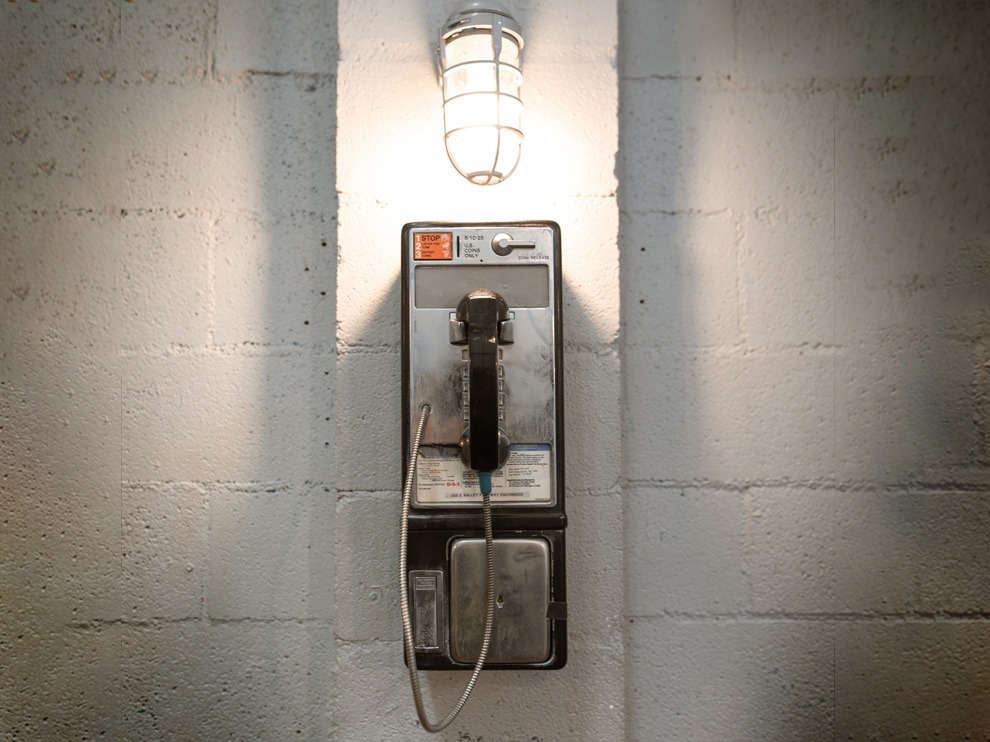
On the hook to repay $1.3 billion of debt this year, the nation’s largest prison telecom company, Securus, is on the verge of bankruptcy. Its failure would represent a remarkable victory for advocates—and a potential beginning of the end for the industry as we know it.

Free prison tablet programs rely on predatory contracts with juggernauts of prison industry, Aventiv and Global Tel Link.
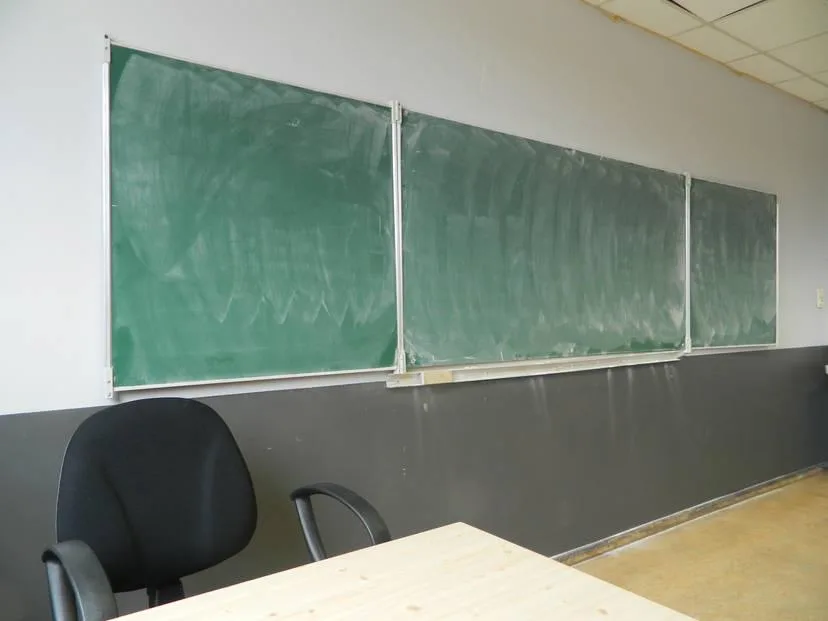
The teacher was disciplined after refusing a supervisor’s orders to tell students literacy tests weren’t racist and instead meant to ensure people “knew what they were voting for,” according to the lawsuit.
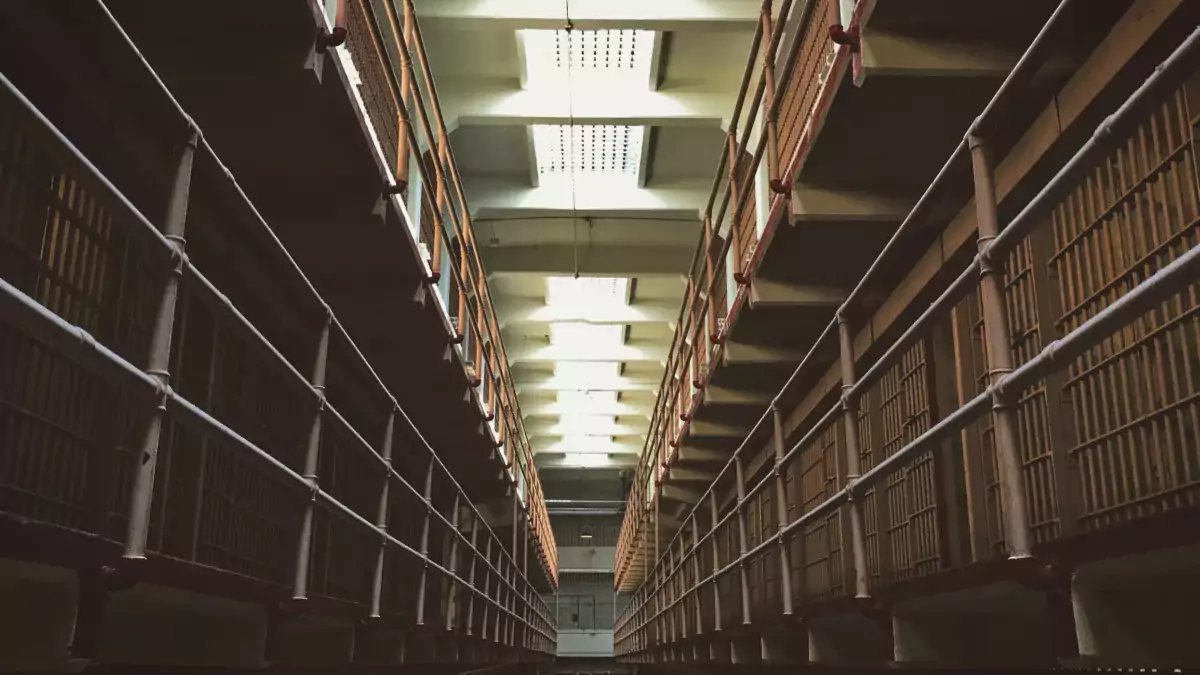
On Jan. 19, New York City Mayor Eric Adams vetoed a bill that would have effectively banned solitary confinement in his city’s jails. Incarcerated writer Chris Blackwell and CUNY Law Professor Deborah Zalesne share why the practice is so horrific.
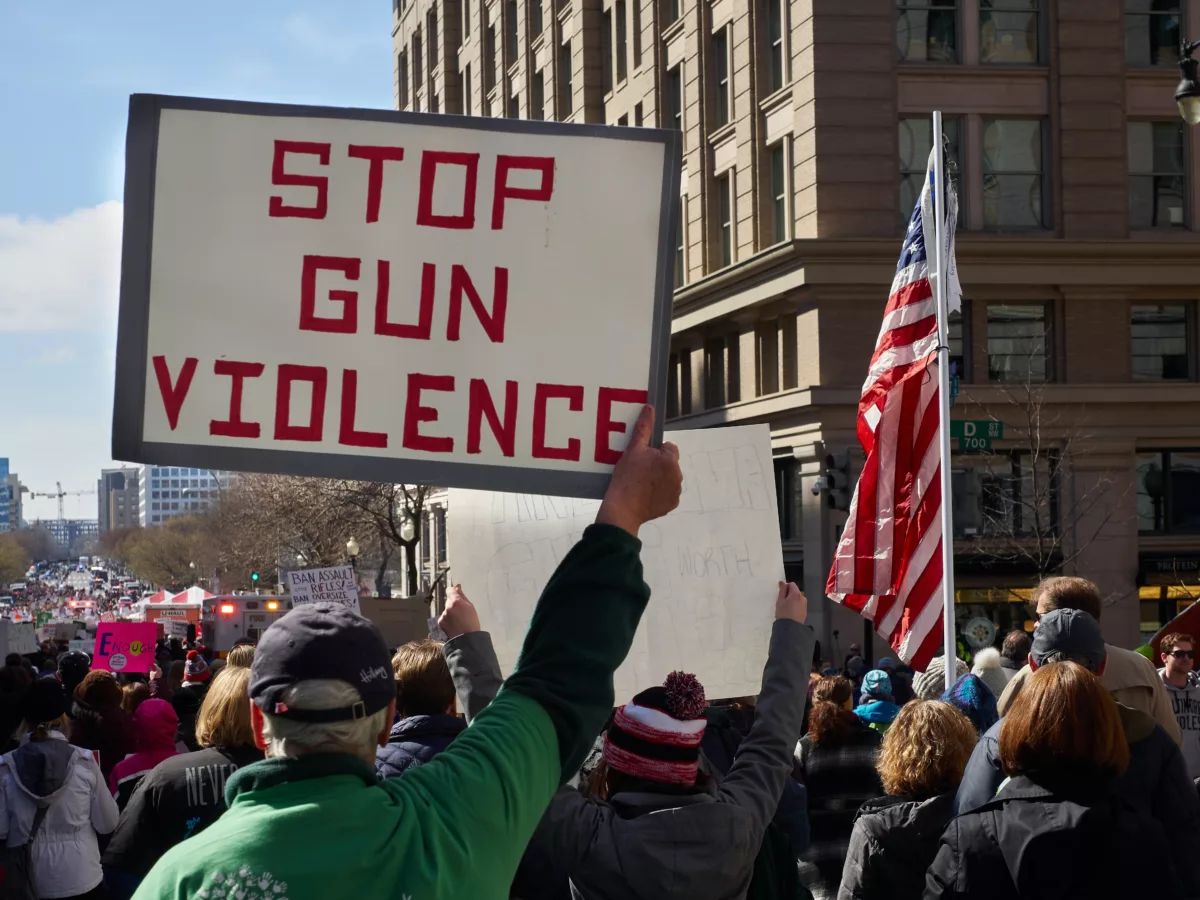
We cannot punish our way out of gun violence. Instead, we must invest in dismantling the structures that allow this violence to thrive.
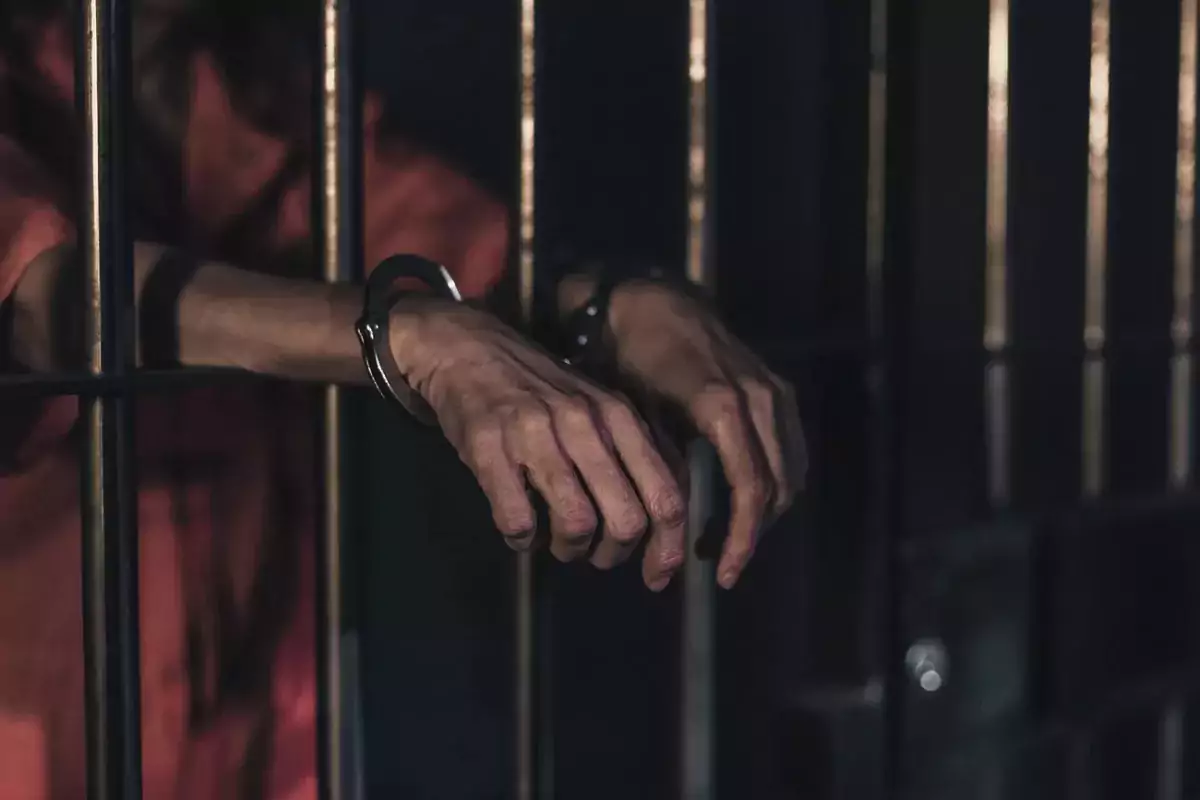
Despite the frequency of in-custody deaths, their exact scope remains unknown and data is often intentionally obfuscated.
As advocates fight to provide relief to incarcerated people, officials are resisting many measures that could help prisoners combat the heat.

The birds quickly became the talk of the unit. Suddenly, everyone was an ornithologist, claiming to know whether barn swallows were endangered.
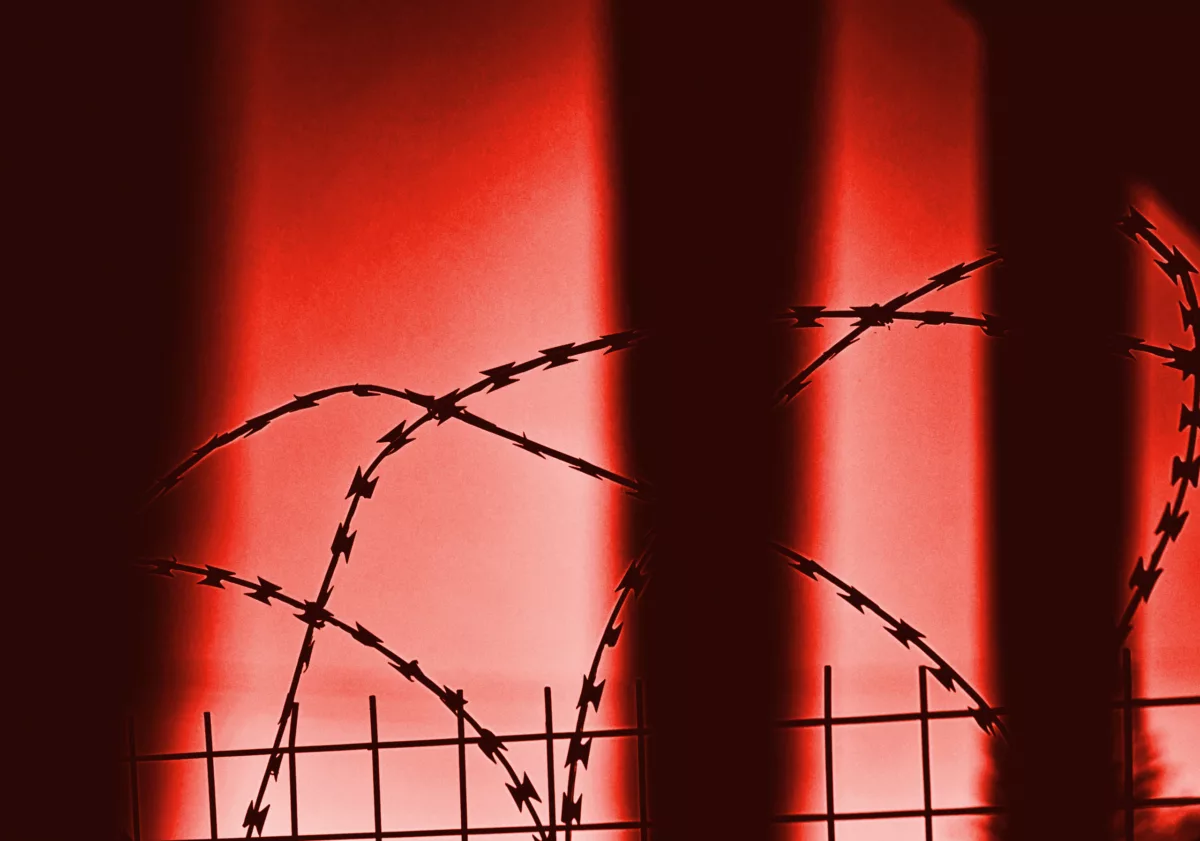
Lacino Hamilton spent 26 years in prison for a murder he didn’t commit before being exonerated in 2020 after DNA evidence cleared him.
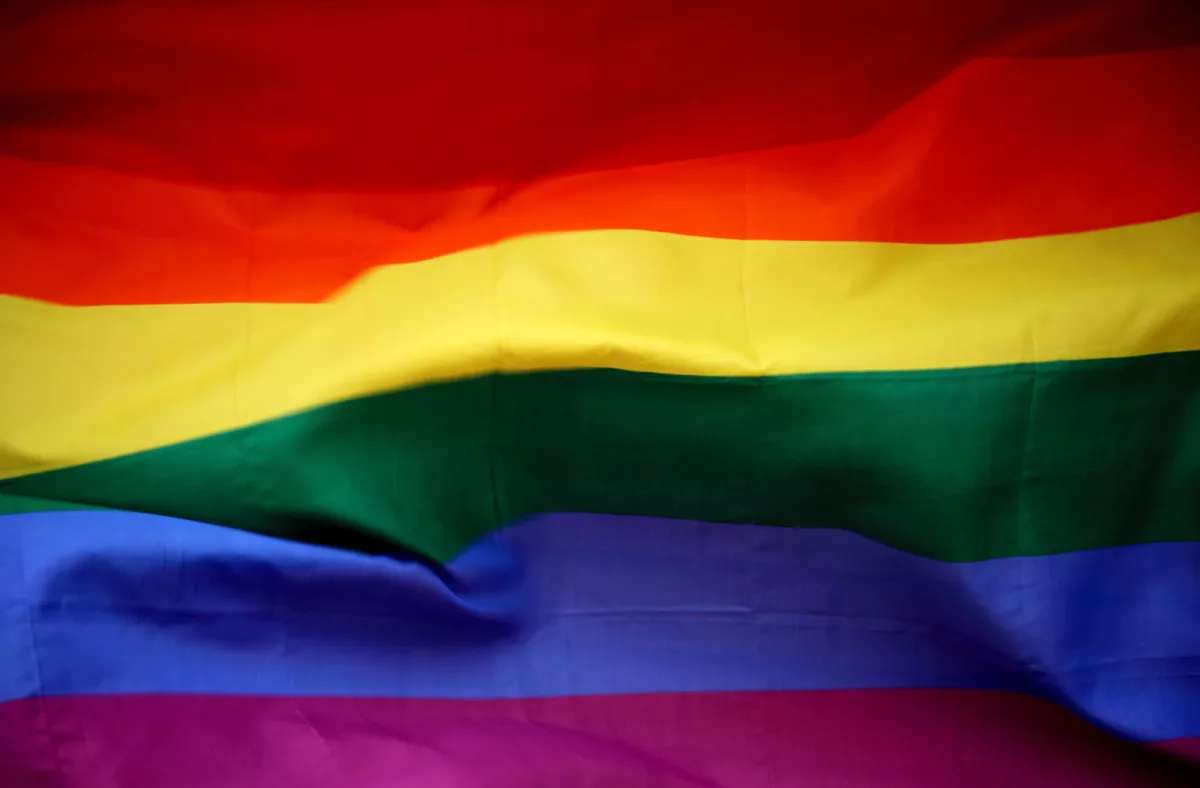
The phrase “toxic masculinity” is ubiquitous these days, but there are few places where it’s more all-consuming than in a men’s prison
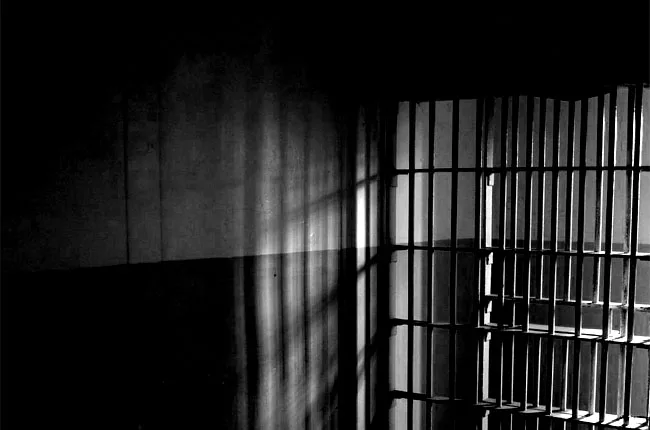
Federal lawmakers are asking the National Institute of Mental Health to research the condition—also known as post-incarceration syndrome—and share its findings with lawmakers.
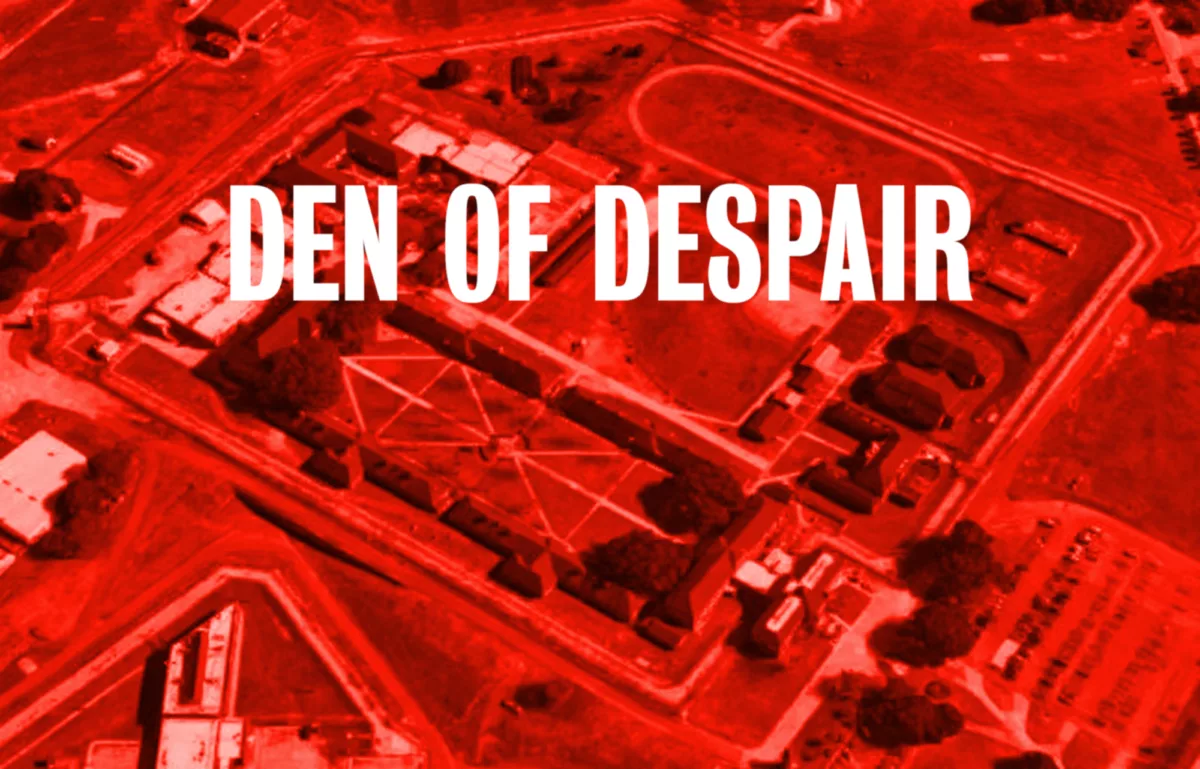
Issues of mismanagement and sexual misconduct have put federal women’s prisons in the spotlight. But one scandal-plagued facility—FCI Tallahassee—has escaped serious scrutiny, even as an Appeal investigation reveals an ongoing history of sexual violence, retaliation, and other constitutional abuses that have left prisoners living in fear.
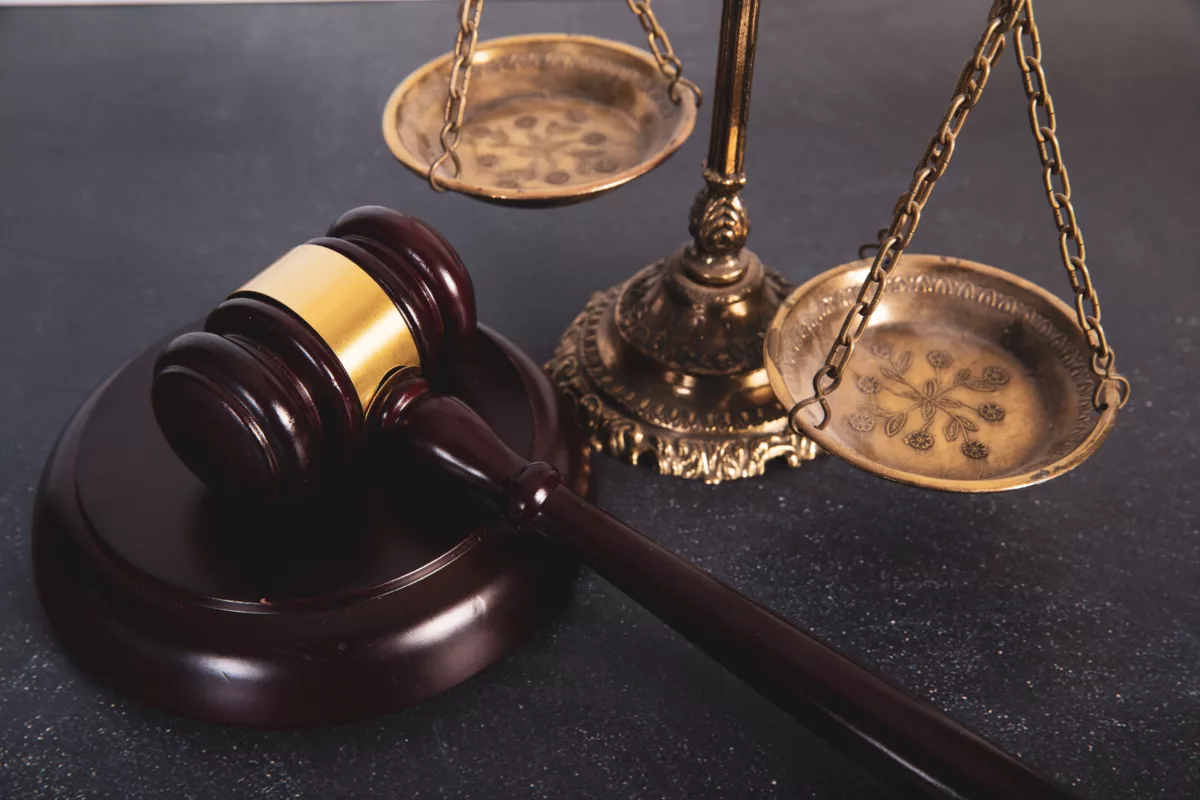
I don’t know if I’ll ever receive the resentencing hearing I was once promised, but I do know this system must change.

I was lucky enough to get a lot of mail while imprisoned on Rikers Island. Paper mail is one of the few things that keeps prisoners feeling human.
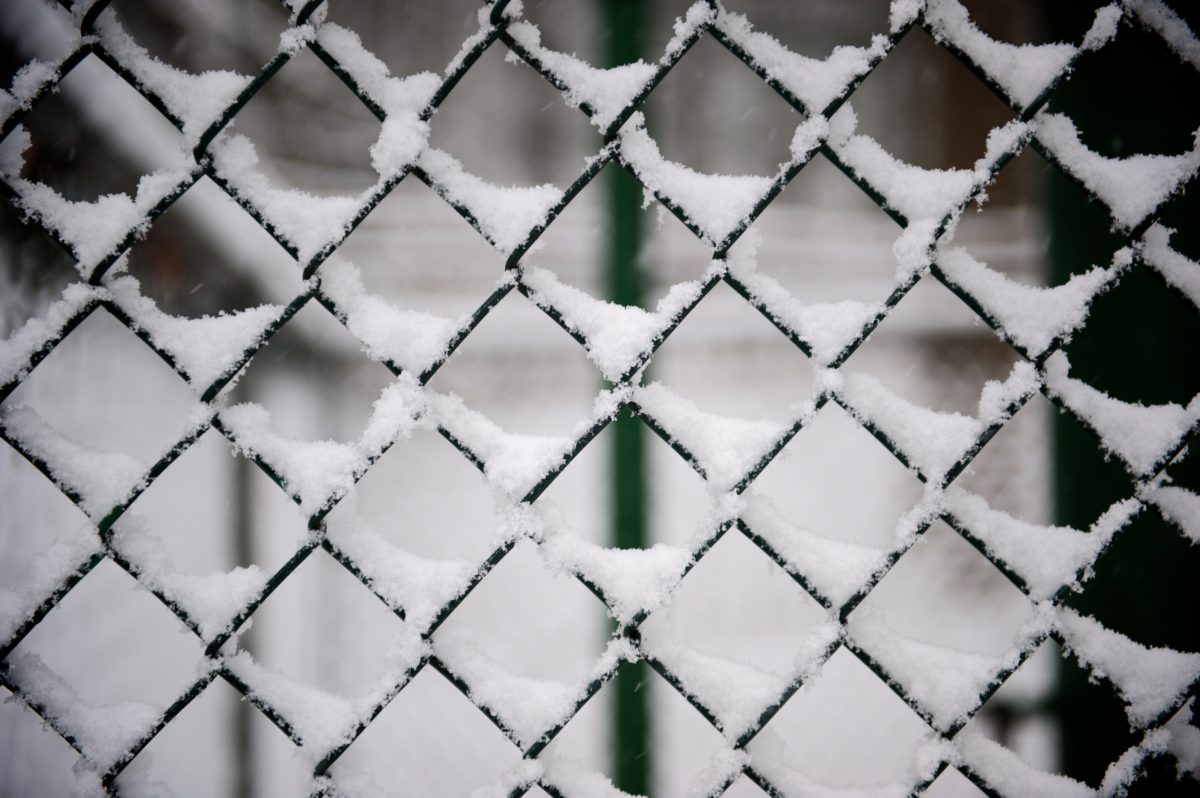
Incarcerated writers reflect on the pain, joy, and other complicated emotions associated with getting in the so-called “holiday spirit” in prison.
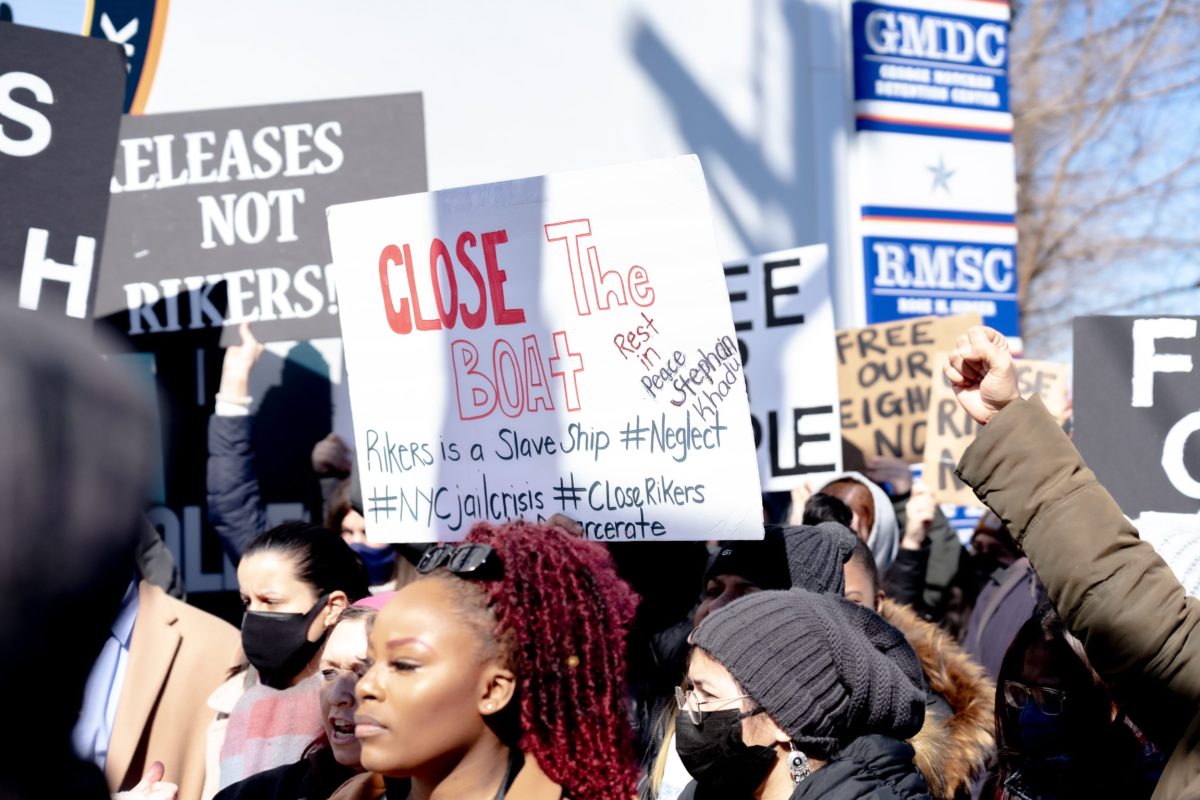
Olayemi Olurin spoke with The Appeal about abolition, living in a police state, Rikers Island, and the media.
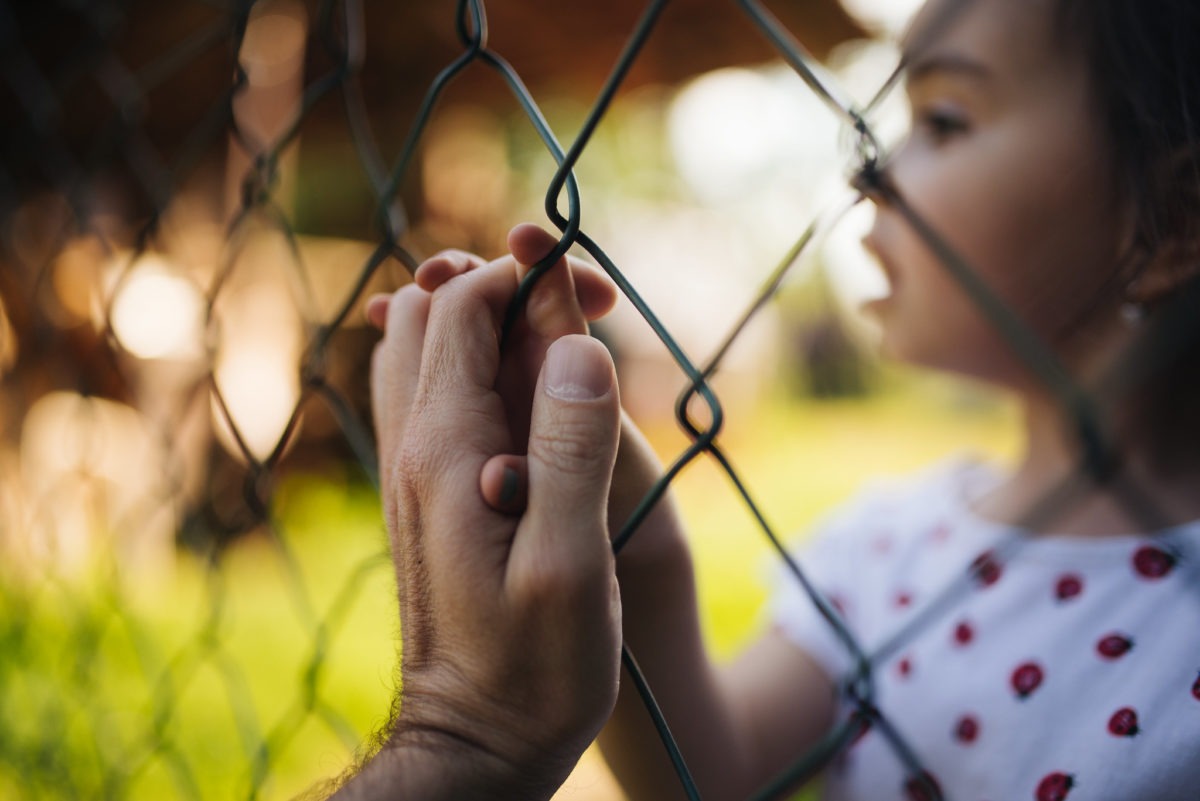
Patrick Stephens, a formerly incarcerated writer, explains how arbitrary, byzantine, and punitive visiting rules tear apart the families of the incarcerated—especially after the pandemic.
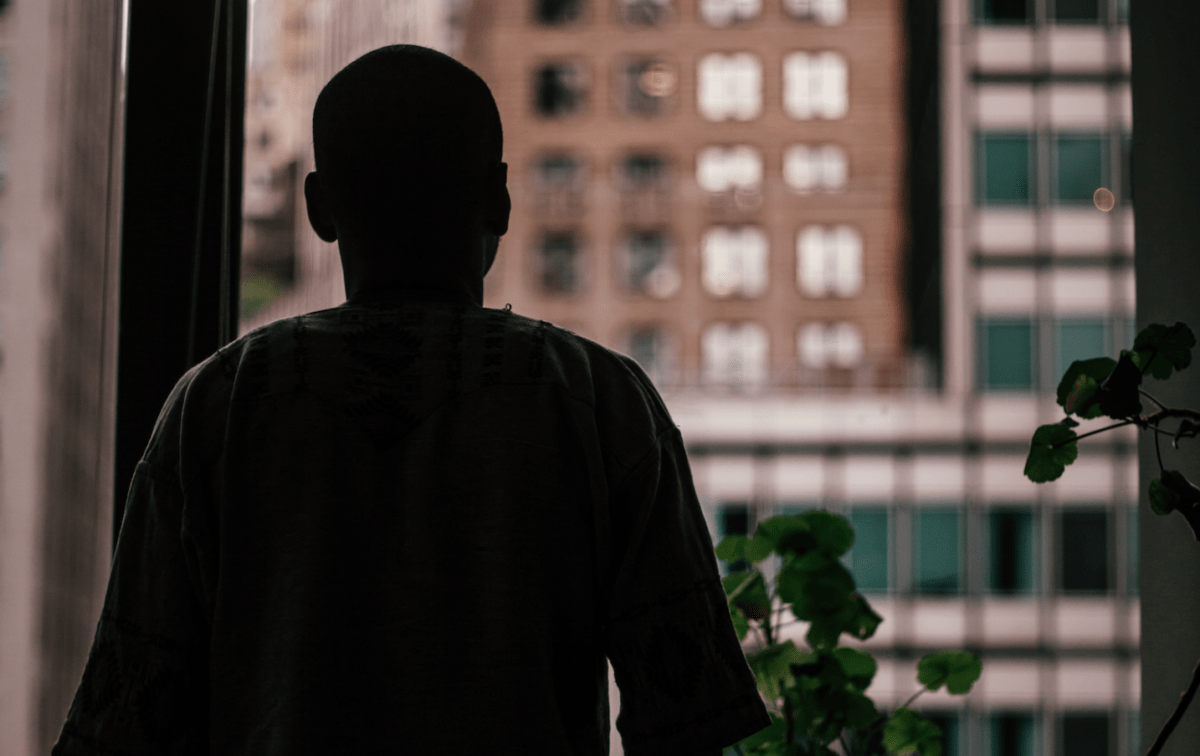
Prison officials allegedly used solitary confinement to get the plaintiff to submit to an invasive examination prohibited under federal law.
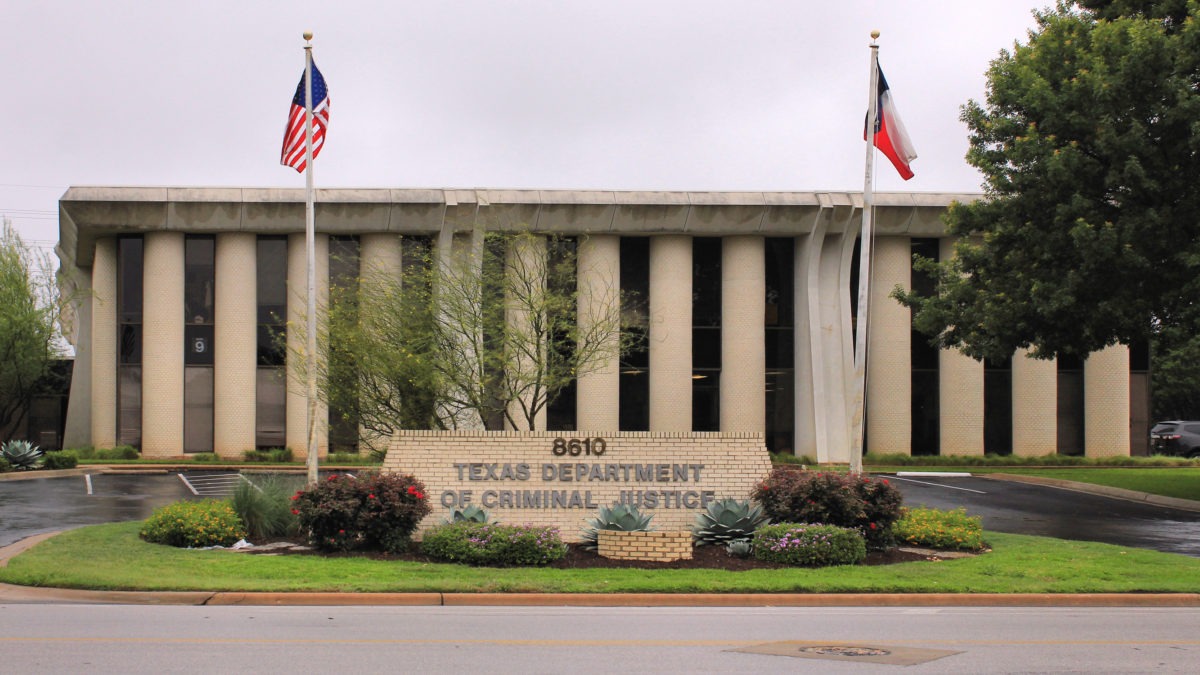
“They were destroying me,” said one person placed in the Texas Department of Criminal Justice’s “Program for the Aggressive Mentally Ill Offender.”
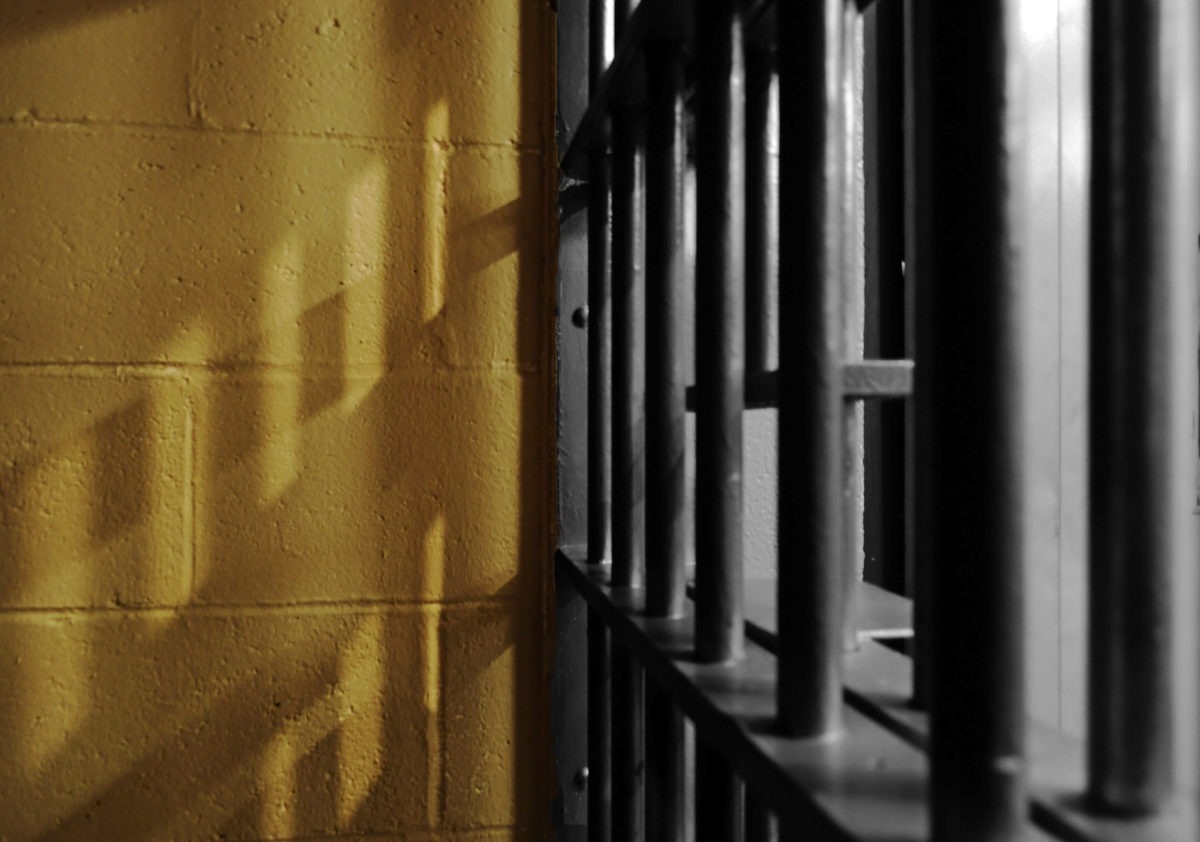
I wanted to have a better diet in prison. But when you’ve been stripped of your freedom, it can be impossible to make the “right” decisions.
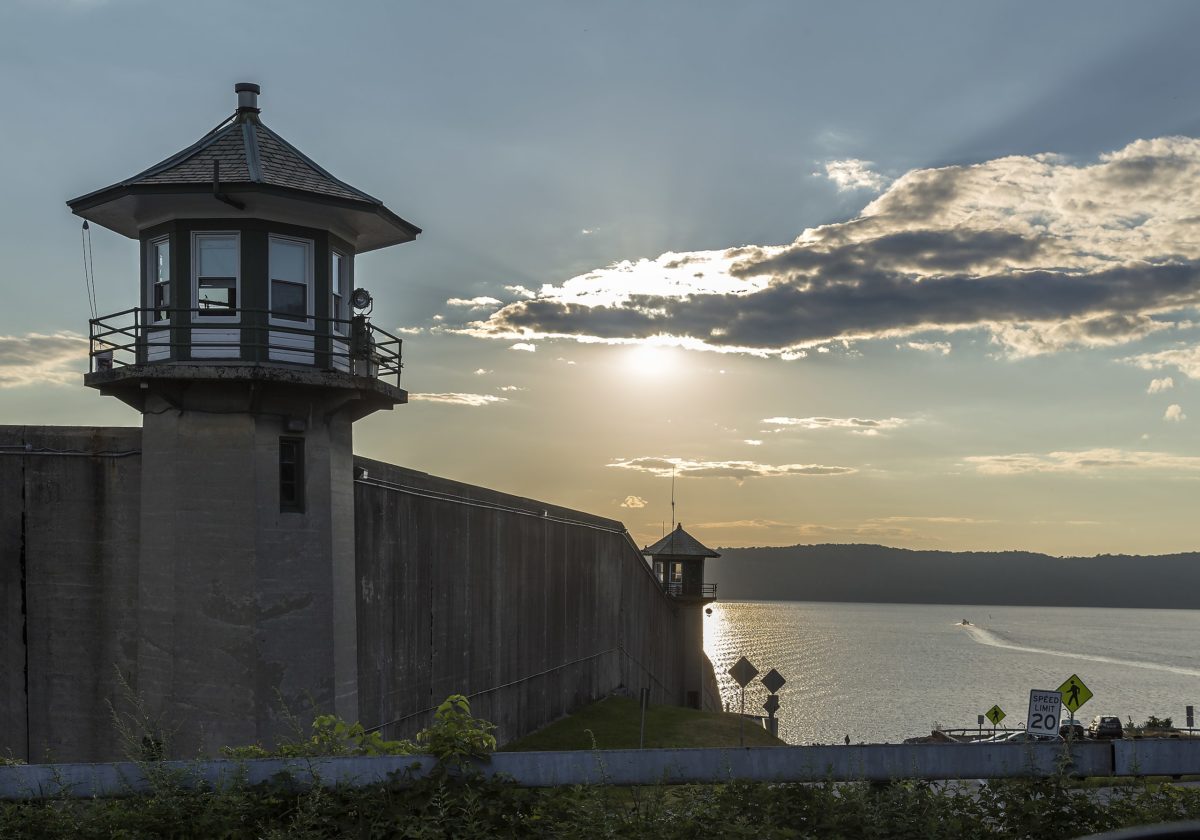
One incarcerated author used skills from an HIV/AIDS group to push imprisoned people and prison guards to get vaccinated against COVID-19.

Serving out a sentence in a Washington state prison, I was certain I’d never own a home. When my wife and I started the process, we found out just how difficult it would be.

Sky-high costs, fear of retaliation, and isolation create roadblocks for incarcerated people to join conversations about reform.
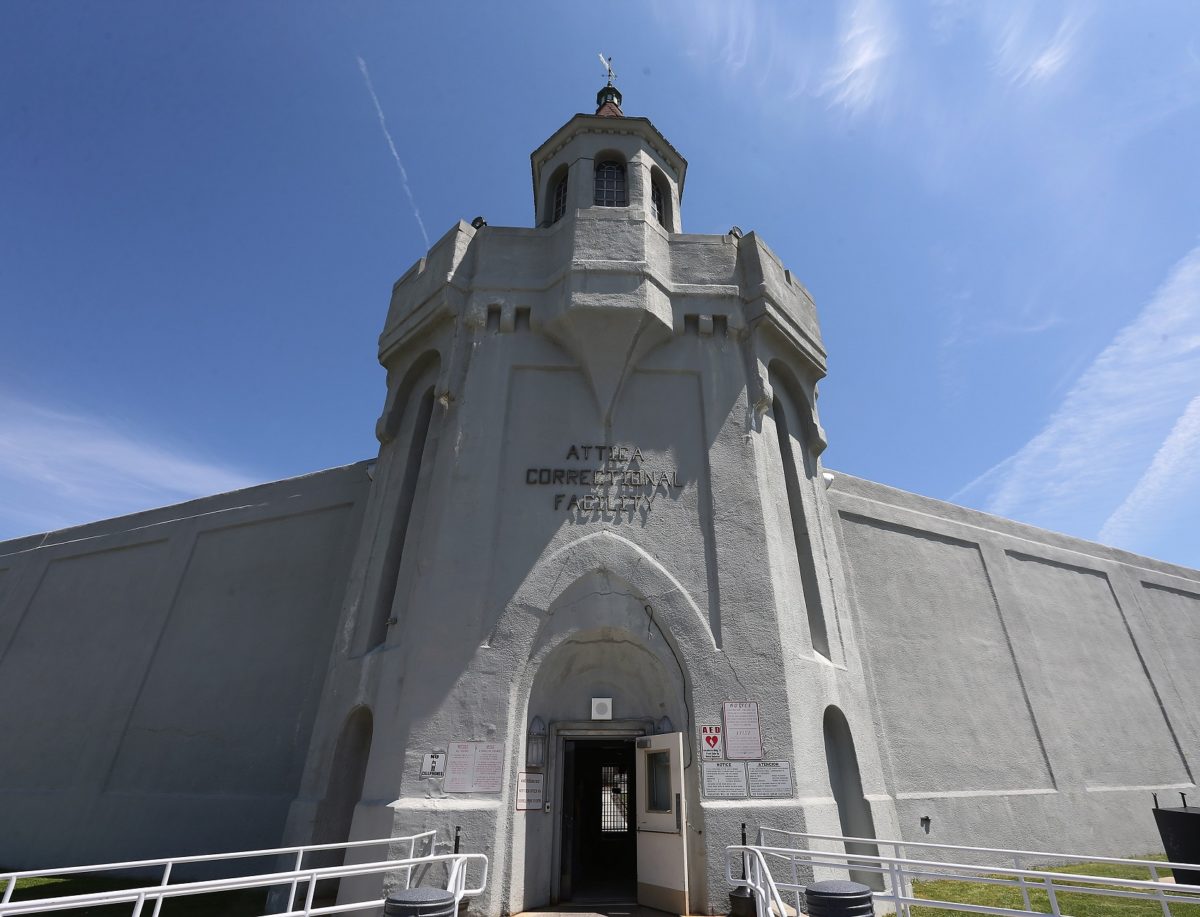
Leaving prison often hinges on completing rehabilitative programming. The pandemic caused many of these required courses to be put on hold.